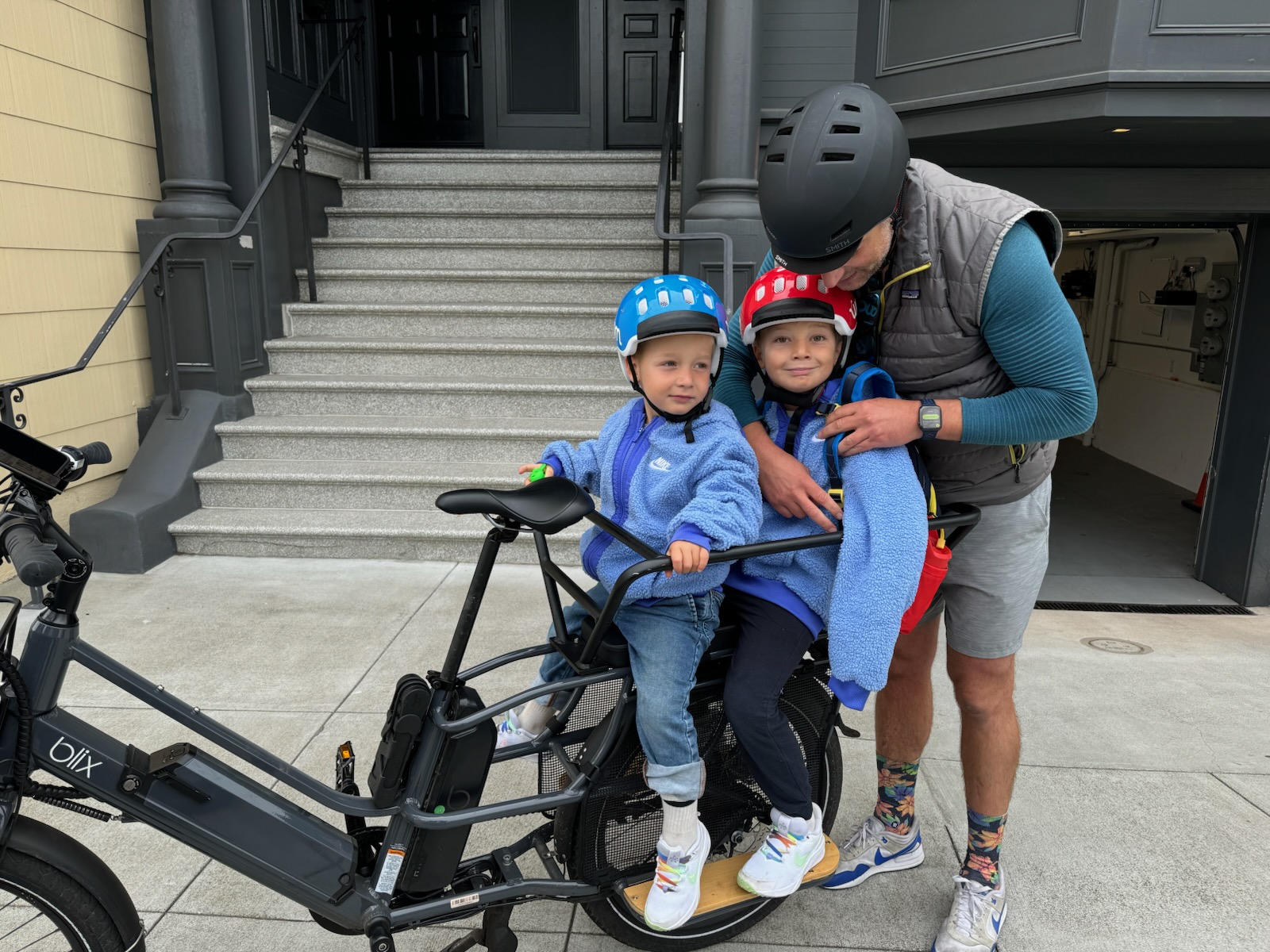Want to make your community more walkable and bikeable? Maybe you’ve heard by now, the transportation bill put forward by House leadership is basically a worst case scenario, gutting programs like Safe Routes to School.
Let’s put aside the fact that it attempts to solve funding shortfalls by drilling for oil in the Arctic National Wildlife Refuge. Let’s forget, for a second, that even Senate Republicans don’t think drilling revenues would be enough to make up for the nation’s stagnant gas tax. Or that the average American hates the idea of drilling in the Arctic.
Wait, nope, still bad. The League of American Bicyclists has put together a list of the ten worst things about this bill for safe cycling and walking. Let’s take a glimpse at some of the highlights of the House leadership’s transportation policy. This is a good one:
3. CMAQ is gutted. Under current law, states can receive Congestion Mitigation and Air Quality (CMAQ) funding to support projects that reduce transportation-related pollution. Currently, states use CMAQ dollars to support bicycling and walking infrastructure, which are proven to help reduce air pollutants by encouraging people to walk or bike instead of drive.
No longer. The House bill would change CMAQ by making congestion reduction, not air quality, the operative measure for eligibility. In other words, in order to qualify for CMAQ funding, a project doesn’t need to reduce air pollution; it just needs to be “likely” to reduce congestion. Under this new definition, the construction of new highway lanes qualifies for CMAQ funding. If the House bill were to become law, states would likely allocate CMAQ funds for highway construction at the expense of bicycle- and pedestrian-friendly projects.
Or how about this:
4. No safe access on bridges. Under current law, when states do work on a bridge that has bicycle or pedestrian access on either side, they are required to build safe bicycle or pedestrian access across the bridge itself. Even though it’s only logical that people on traveling by bicycle or by foot should be able to cross bridges safely, the proposed House bill eliminates the requirement that states provide bridge access for walkers and bicyclists when it makes the most sense.
To get a good sense of everything at stake read the Bike League’s whole post. In the meantime, they are asking cyclists to take action to tell the House that these attacks on biking and walking are unacceptable.
Elsewhere on the Network today: BTA Oregon shares a study that examines barriers to cycling and walking among communities of color, immigrants and refugees. Bike Portland passes along Congressman Earl Blumenauer’s perspective on the House transportation bill: “I am appalled at the fantasy finance scheme Republicans are proposing.” And Portland Transport wonders if the House GOP seriously expects this bill to pass.




